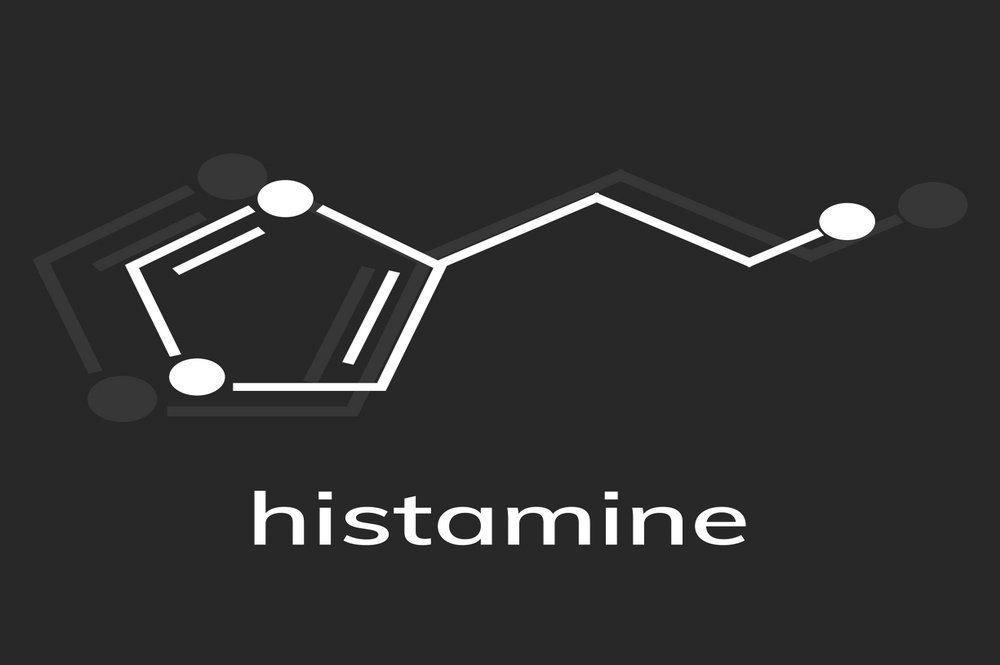Anaphylaxis Causes & Triggers

The agents which cause allergy or anaphylaxis are termed allergens. [4] By and large, the most common types of allergens are food, drugs and insect toxins. The sensitivity of different populations towards these common allergens vary. There are certain chemical entities in these allergens, mostly protein in nature, which trigger the immune system to show an allergic response. More details as to the type of each allergen are discussed under the main headings. [5]
Role of histamine and other mediators as causative agents of anaphylaxis
Histamine is the most important chemical mediator in the body which is responsible for mediating most of the presenting symptoms of anaphylaxis. It acts after being immediately released from the mast cells locally, in case of local allergic reaction, or in different parts of the body, in anaphylaxis. Histamine then finds its receptor in blood vessels, lung tissue, brain and nerves, and the digestive tract. It also stimulates the adrenal glands. Blood vessel dilation and increased permeability and its associated presentation of the skin, bronchoconstriction in the lungs to cause difficulty in breathing, etc., are all primarily mediated by histamine.
